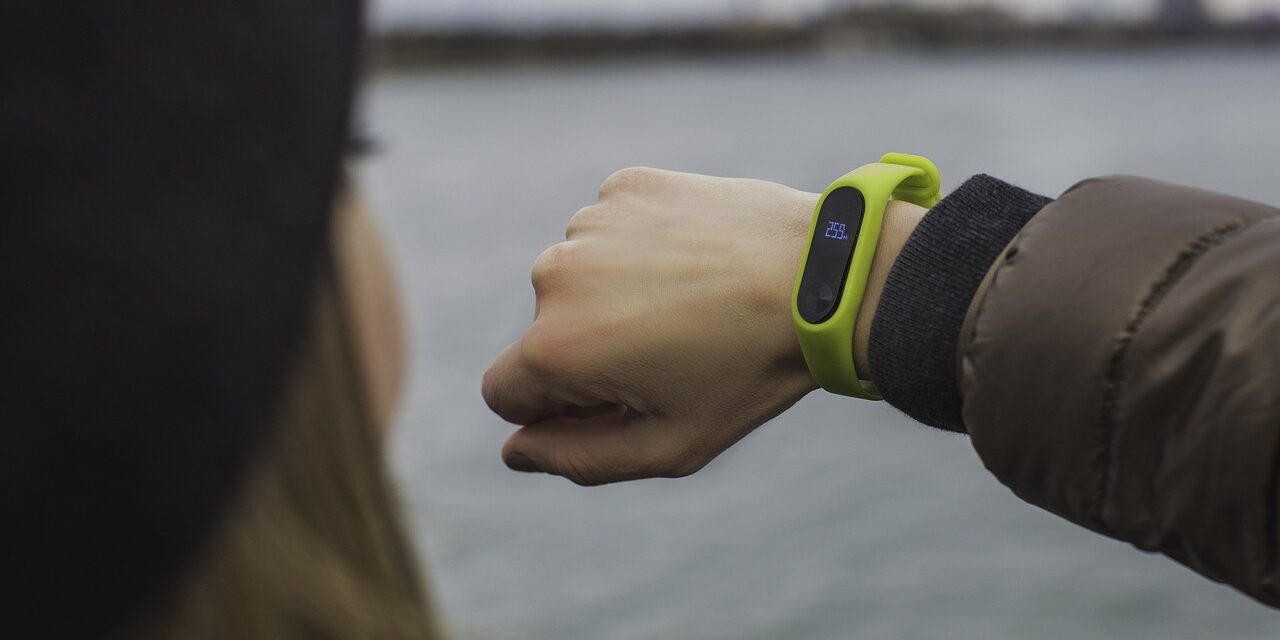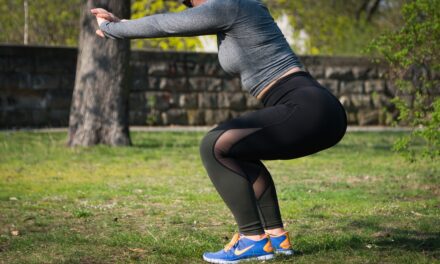As we age, maintaining an active lifestyle becomes more critical than ever. It’s not just about adding years to life but adding life to our years. In this digital age, technology offers us an unparalleled advantage in monitoring and enhancing our health and fitness levels. Among these technological advancements, fitness trackers have emerged as a game-changer, especially for seniors striving to stay active and healthy. Let’s dive into how these gadgets can become the perfect companions for older adults looking to keep a vigilant eye on their physical well-being.
Why Fitness Trackers Resonate with Seniors
Fitness trackers are not just gadgets; they’re wellness tools that motivate, guide, and support seniors in achieving their fitness goals. They come packed with features designed to monitor health metrics such as heart rate, steps taken, calories burned, and even sleep patterns. For seniors, this means being empowered to take charge of their health, with real-time data that provides insights into their physical condition and progress.
Moreover, the simplicity and intuitiveness of these devices make them accessible to individuals who might not be tech-savvy. With features like fall detection, GPS tracking, and emergency SOS, fitness trackers also offer peace of mind to both the wearers and their loved ones.
Choosing the Right Fitness Tracker
When selecting a fitness tracker, it’s essential to consider the specific needs and lifestyle of the senior who will be using it. Here are some key features to look for:
- Usability: Look for a tracker with a user-friendly interface and readable display. Large buttons and voice commands can also be beneficial for seniors with limited dexterity or vision.
- Health Monitoring Features: Essential health features might include heart rate monitoring, sleep tracking, and an accelerometer to count steps. More advanced trackers also offer blood pressure monitoring, oxygen saturation levels, and electrocardiogram (ECG) readings.
- Battery Life: Opt for devices with long battery life to minimize the need for frequent recharging, which can be a hassle for seniors.
- Water Resistance: A water-resistant design is crucial for seniors who enjoy activities like swimming or for those moments when the tracker might come into contact with water accidentally.
- Compatibility: Ensure the tracker is compatible with a smartphone or computer that the senior uses, allowing for easy access to data and insights.
Some of the most recommended fitness trackers for seniors include models from Fitbit, Garmin, and Apple Watch. Each offers various models suited to different needs and budgets, with the Apple Watch providing extensive health monitoring features for those looking for a more comprehensive device.
Integrating Fitness Trackers into Daily Life
Adopting the use of a fitness tracker can be a fun and rewarding experience. Here are some tips for seniors to integrate these devices into their daily routine:
- Set Realistic Goals: Start with simple goals, like a certain number of steps per day, and gradually increase as fitness improves.
- Engage with Communities: Many fitness trackers offer online communities where users can share their progress and challenges, providing motivation and support.
- Track Progress: Regularly checking the tracker’s data can help seniors see their achievements over time, encouraging them to maintain or increase their activity level.
- Consult Healthcare Providers: It’s always a good idea to consult with a healthcare provider before starting any new fitness regimen. They can offer guidance on what types of exercises are safe and beneficial.
Summary and Takeaways
Embracing fitness trackers can significantly impact seniors’ efforts to stay active and healthy. These devices offer the insights and motivation needed to pursue a more active lifestyle, with the added benefits of safety features and the ability to connect with like-minded individuals. As we continue to navigate our golden years, let’s harness the power of technology to enhance our quality of life, one step at a time.
Remember, the best fitness tracker is the one that meets your individual needs, preferences, and goals. With the right device on your wrist, a healthier, more active future is literally at your fingertips.






